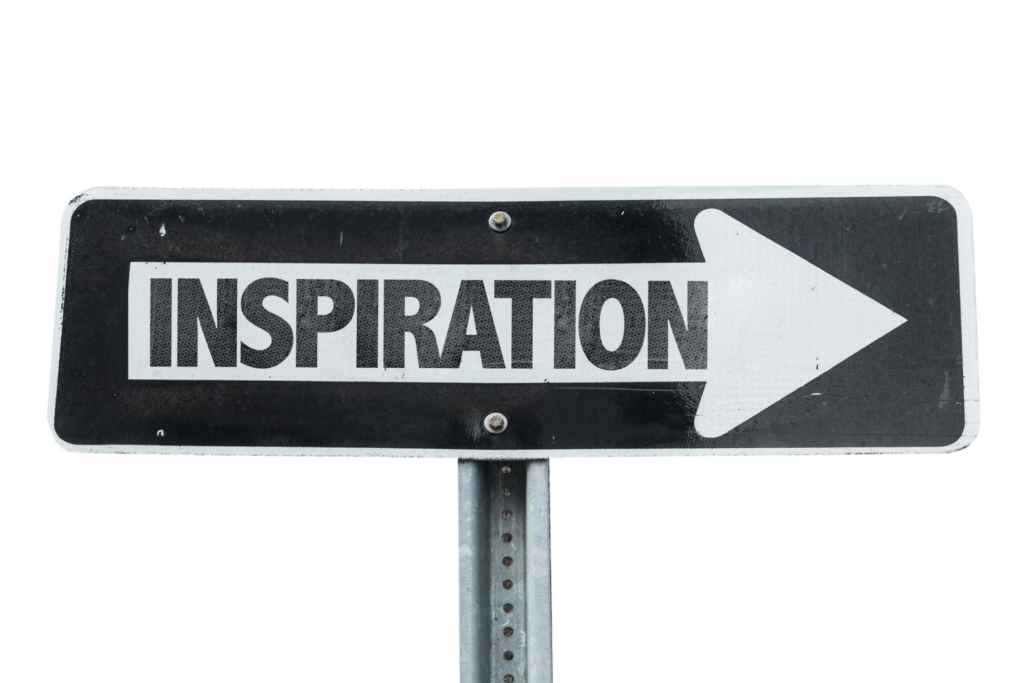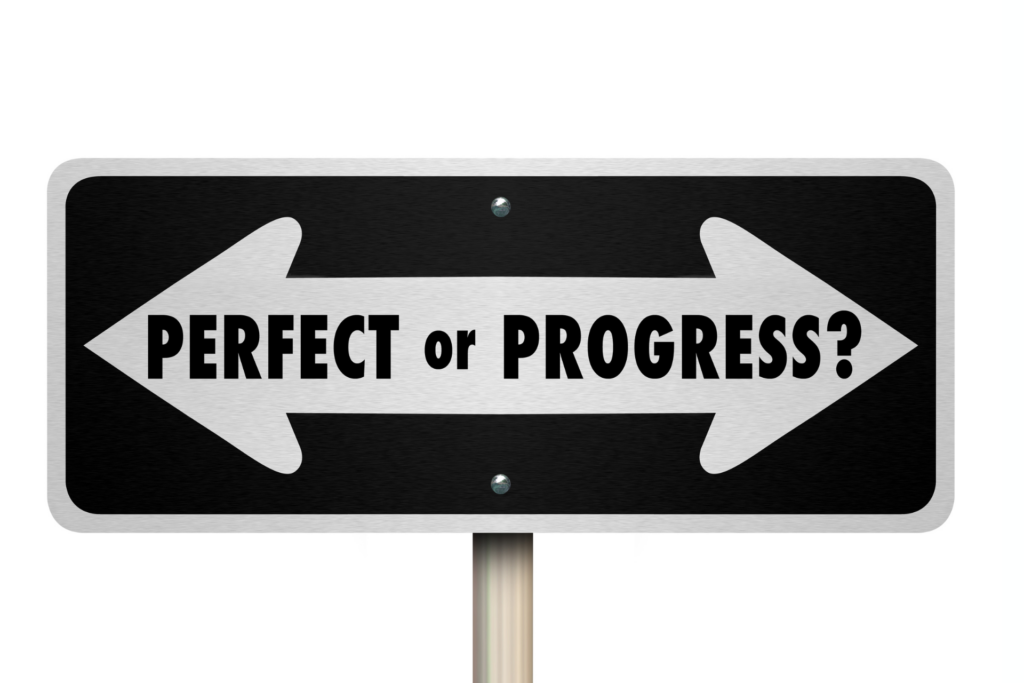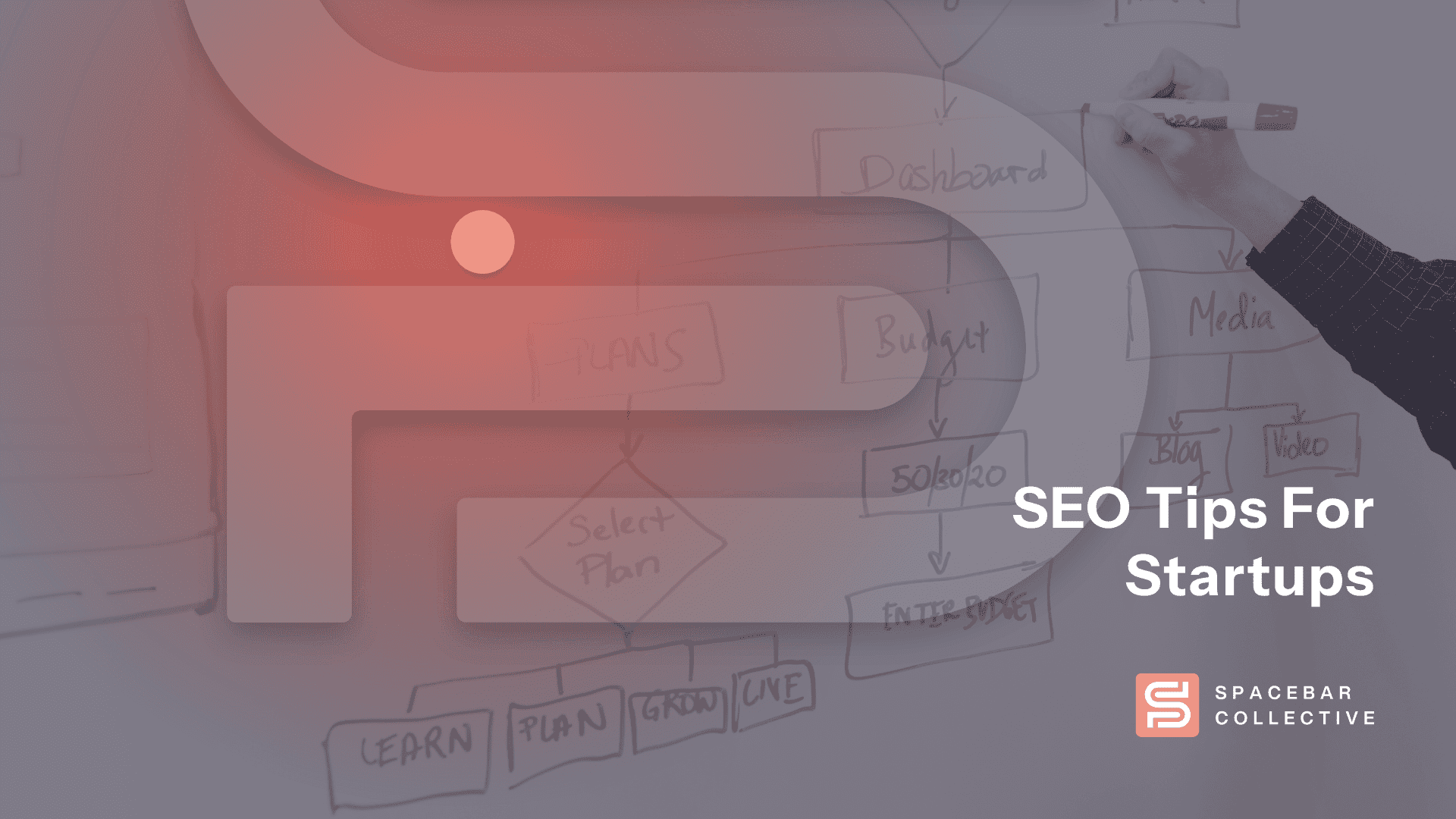Creativity can be fickle. One moment you’re on a roll, and the next, you can’t produce anything of value. This is especially frustrating when you know you have something great inside of you just waiting to come out, but it’s just not happening.
Many common blocks to creativity can prevent us from being as creative as we’d like. Here, we’ll talk about some of these blocks and how to overcome them with practical and proven methods.
What Are Blocks to Creativity and What Causes Them?
If you’ve ever felt creatively stuck, you’re not alone. Creative blocks are common for creative professionals of all stripes, from writers and entrepreneurs to painters and filmmakers.
There’s no one-size-fits-all definition of a creative block. Still, most experts agree that it involves a temporary inability to generate or bring new ideas to fruition. Creative blocks can be frustrating and discouraging, but they don’t have to be permanent. Understanding the root cause of your blockage can help you break through it.
There are several different factors that can contribute to a creative block. One common cause is simply burnout. It can be tough to keep your ideas fresh if you’ve been working on a project for a long time without a break.
Another common cause of creative blocks is perfectionism. If you’re constantly striving for perfection in your work, you easily get bogged down in the details and lose sight of the big picture.
There are many other possible causes of creative blocks, including psychological factors like anxiety and depression. Once you understand what’s causing your block, you can begin to find ways to overcome it.
9 Blocks to Creativity and What to Do About Them
We all dream of days when ideas flow freely, and we’re constantly churning out masterpiece after masterpiece; unfortunately, that’s not always how it goes. For many of us, creativity is hard work. Ideas don’t come easy; even when they do, we struggle to bring them to life.
Let’s look at nine common creativity blocks to creativity and what you can do about them.

Overthinking Things
Overthinking things is a major and most common creativity block. This is because when you overthink something, you tend to get bogged down in the details and lose sight of the big picture. As a result, you can feel stuck and unsure of what to do next.
There are a few ways to overcome this problem. First, take a step back and look at the situation differently. This can help you see things in a new light and develop fresh ideas.
Second, don’t be afraid to experiment. Trying new things is often the best way to break out of a rut and come up with something truly original.
Finally, don’t be too hard on yourself. Creativity is often about trial and error, so don’t be discouraged if your first few attempts don’t work out. Just keep at it, and you’re sure to come up with something great.
Seeking Perfection
There is little to no proof that perfectionism results in a fruitful result. Instead, it is a significant cause of creativity block. After all, if you’re constantly striving for perfection, it can be tough to take risks and try new things.

But the good news is that there are ways to overcome this obstacle.
Accept that perfect doesn’t exist: This may seem like an obvious point, but it’s worth repeating. Perfection is an unattainable goal, so don’t beat yourself up if you don’t achieve it. Instead, focus on doing your best and strive for excellence instead of perfection.
Permit yourself to fail: If you’re afraid of failing, you’ll never take risks necessary for true creativity. So give yourself permission to fail and know it’s okay if you don’t always succeed.
Don’t compare yourself to others: Comparison is the thief of joy, as the saying goes. You’re setting yourself up for disappointment when you compare yourself to others. Everyone has unique talents and gifts, so focus on developing your own instead of comparing yourself to others.
Other effective ways to help you overcome the obstacle of perfectionism and unleash your creativity include:
- Being patient
- Brainstorming
- Taking breaks
- Trusting instincts
- Getting organized
Feeling Overwhelmed
One of the biggest obstacles to creativity is feeling overwhelmed by everything we need to do. We can feel so bogged down by our to-do lists and responsibilities that we can’t even imagine taking on anything new or creative.
Try the following things to overcome the feeling of being overwhelmed:
- Try to break down your task into smaller, more manageable pieces. Sometimes, all it takes is getting started on something to get the creative juices flowing.
- Don’t be afraid to ask for help. If you’re feeling really stuck, it can be helpful to talk to someone else about your project.
- Lastly, make sure to schedule some time for creative endeavors. If you don’t set aside specific time to work on your project, it’s easy for other things to crowd it out. Carve out an hour or two each week to dedicate to being creative, and stick to it.
Your Creative Habits are Not Working
We all have our creative habits. Some of us like to brainstorm in a group, while others prefer to work independently. While there’s no wrong way to be creative, sometimes our habits that get our creative juices flowing can get in the way of our productivity.
First, take a step back and evaluate why your creative habits are not working. Is it because you’re not making time for them? Or is it because you’re trying to do too much at once? Once you identify the problem, you can start to find a solution.
If you’re not making time for your creative habits, try scheduling them into your day. Set aside a specific time each day to work on your project.
Find the time that brings out your creativity. Some people work best in the morning, while others find creativity at night. Experiment until you find what works best for you.
Unhealthy eating and sleeping habits can also cause a creative slump. Make sure you’re taking care of yourself by eating healthy foods and getting enough sleep.
Disrupting Life Events or Changes
When we face a significant life event or change, it can often lead to blocked creativity and imagination. Whether it’s a move to a new city, the birth of a child, or the loss of a loved one, these events can throw us off balance and make it difficult to tap into our creative side.
But there are ways to overcome these blocks and get your creativity flowing again.
Give yourself time to adjust: It can take time to get used to a new situation or major change. Don’t expect to be creative immediately–give yourself a few days or weeks to settle in before trying to be creative.
Find a creative outlet: Once you’ve adjusted, find an outlet for your creativity. This could be anything from painting to writing to playing music. Doing something creative can help you feel more connected to your imagination and can also be a great way to relax and de-stress.
Talk to others: Sometimes, talking to someone else about your creative ideas can help you get unstuck. Brainstorming with a friend or family member can give you new perspectives on approaching your project.
Take a break: If you’re feeling stuck, take a break from whatever you’re working on. Step away from your project for a day and come back with fresh eyes. You might be surprised at how much easier it is to be creative when you’ve had some time away from it.
Believing You Are Not Creative
This is a big one. So many people think they are not creative because they don’t consider themselves “artistic.” But creativity isn’t just about making art – it’s about thinking outside the box, being resourceful, and coming up with new ideas.
Here are some common beliefs that can hold you back and how to reframe them:
“I’m not creative because I don’t have any good ideas.”
One way to overcome this is to brainstorm with someone else – two heads are better than one. Or, try using prompts to jumpstart your thinking.
“I’m not creative because I’m not ‘right-brained.'”
This is a myth. There’s no such thing as a “right-brained” or “left-brained” person. Creativity comes from both sides of the brain.
“I’m not creative because I can’t do things the ‘right’ way.”
There is no one “right” way to be creative. The whole point of being creative is to think outside the box, so don’t let perfectionism get in the way. If you’re feeling stuck, it’s okay to experiment and try new things.
“I’m not creative because I don’t have time.”
Creativity doesn’t have to be time-consuming. If you only have a few minutes, try a quick brainstorming session or take a walk to clear your head and get some fresh ideas.
Too Much Critique While You Work
It can be tough to get anything done if you’re constantly second-guessing your creative choices. Whether you’re worried about what others will think of your work or unsure of yourself, too much critique can zap your productivity.
The best way to combat this problem is to set limits on how much you allow yourself to critique your work as you’re working on it. Decide how long you will work on something before you start critiquing it, and stick to that timeline.
For example, you might give yourself an hour to work on a project without pausing to evaluate it, or you might set a goal of finishing a certain number of pieces before you start critiquing them.
Another helpful strategy is to set aside time at the end of your work session to reflect on what you’ve done and make any necessary changes. That way, you can focus on being creative most of the time, switch gears, and be more analytical when revising.
Communication Barriers
When we cannot communicate effectively, sharing our ideas and getting feedback can be difficult. This can lead to frustration and a feeling of being stuck.
There are a few things you can do to overcome communication barriers:
Be clear about what you want to say: This may seem obvious, but it’s easy to get caught up in our thoughts and lose track of what we’re trying to communicate.
Listen actively: This means paying attention to what the other person is saying and not just waiting for your turn to speak.
Ask questions: Ask questions if you’re unsure you understand something or want to know more about an idea.
Repeat back what you’ve heard: This can help ensure you’ve understood correctly and show interest in what the other person is saying.
Seek feedback: Asking for feedback can help ensure that your ideas are being communicated effectively. It can also teach you more about how others perceive your ideas.
Getting Out of Your Comfort Zone
There are many reasons why we get stuck in our comfort zones. Sometimes it’s because we’re afraid of change or failure. Other times, it’s because we just don’t know how to get out of our rut.
If you’re feeling stuck, here are some ideas to help you get out of your comfort zone and start being more creative:
- Set some goals
- Take baby steps
- Be prepared to fail
- Embrace your inner child
- Get out of your head
- Be persistent
- Challenge yourself
Over To You
No matter what your creative block looks like, it’s important to remember that it can be overcome. Everyone has the potential to be creative and express themselves. All it takes is a little bit of effort, practice, and willingness to break out of our comfort zones. Challenge yourself, take risks, and don’t be afraid to fail—you may surprise yourself with what you can achieve.






